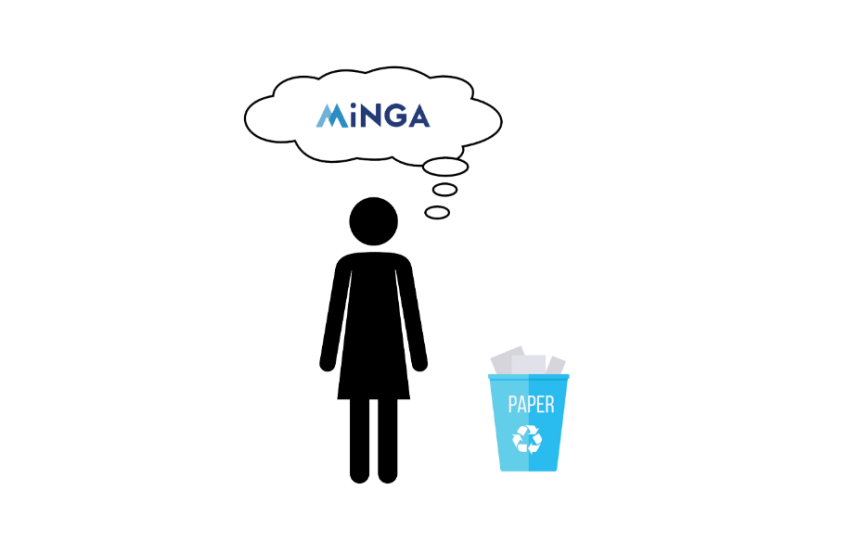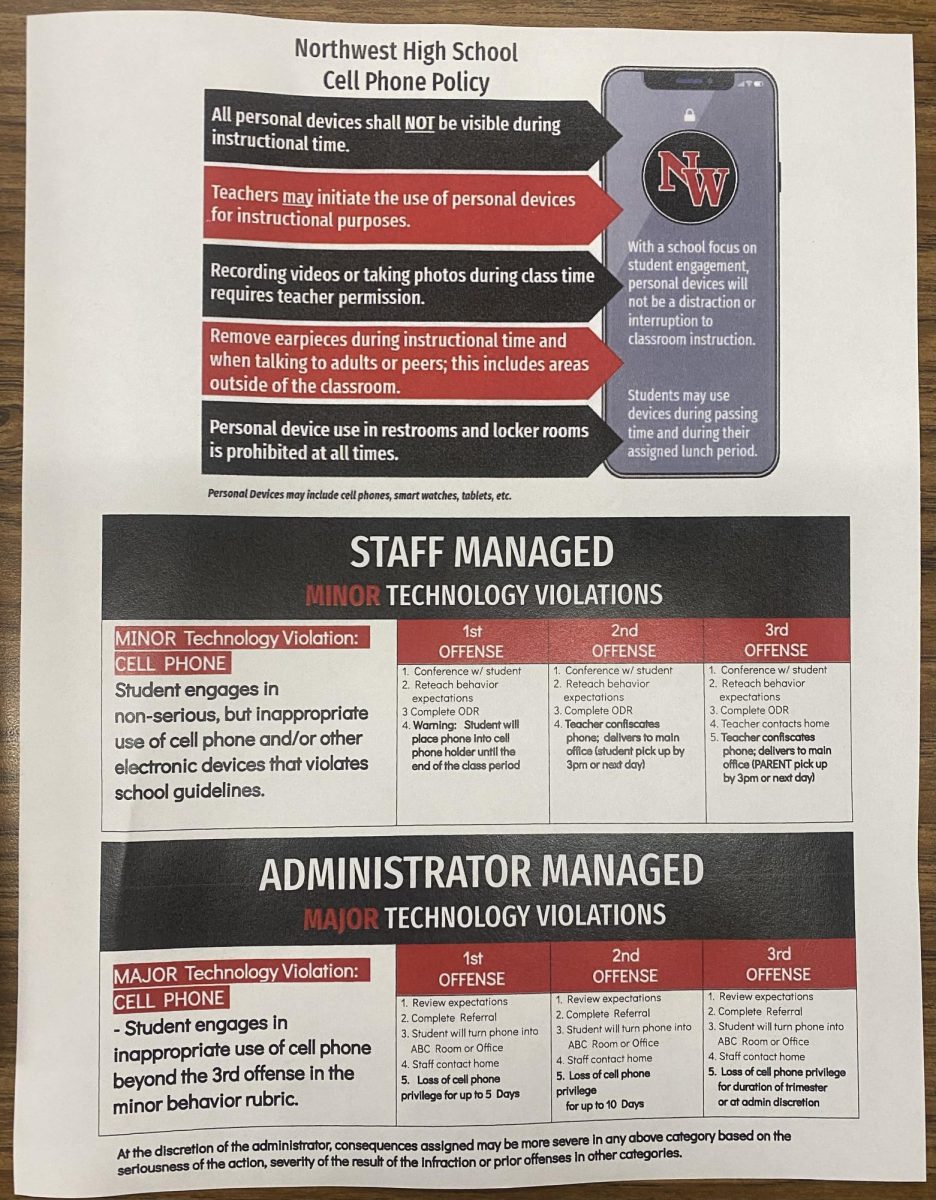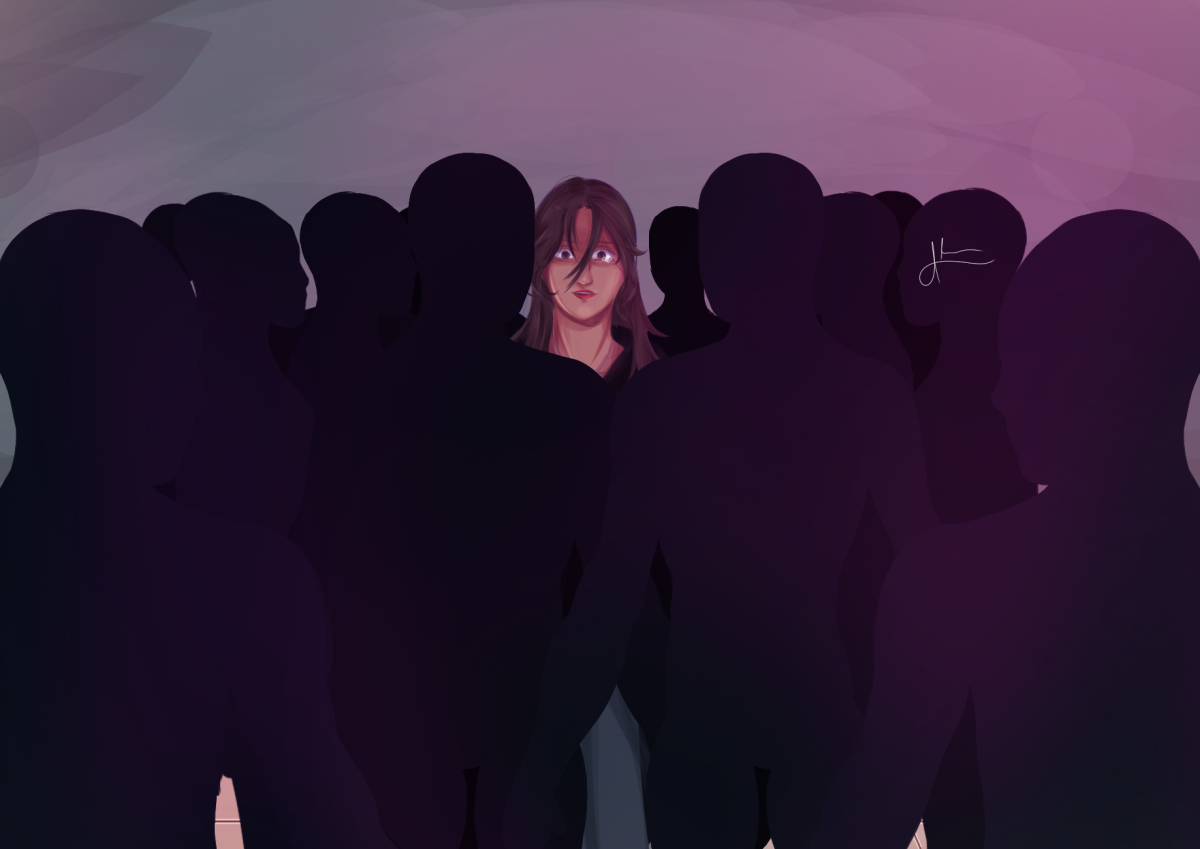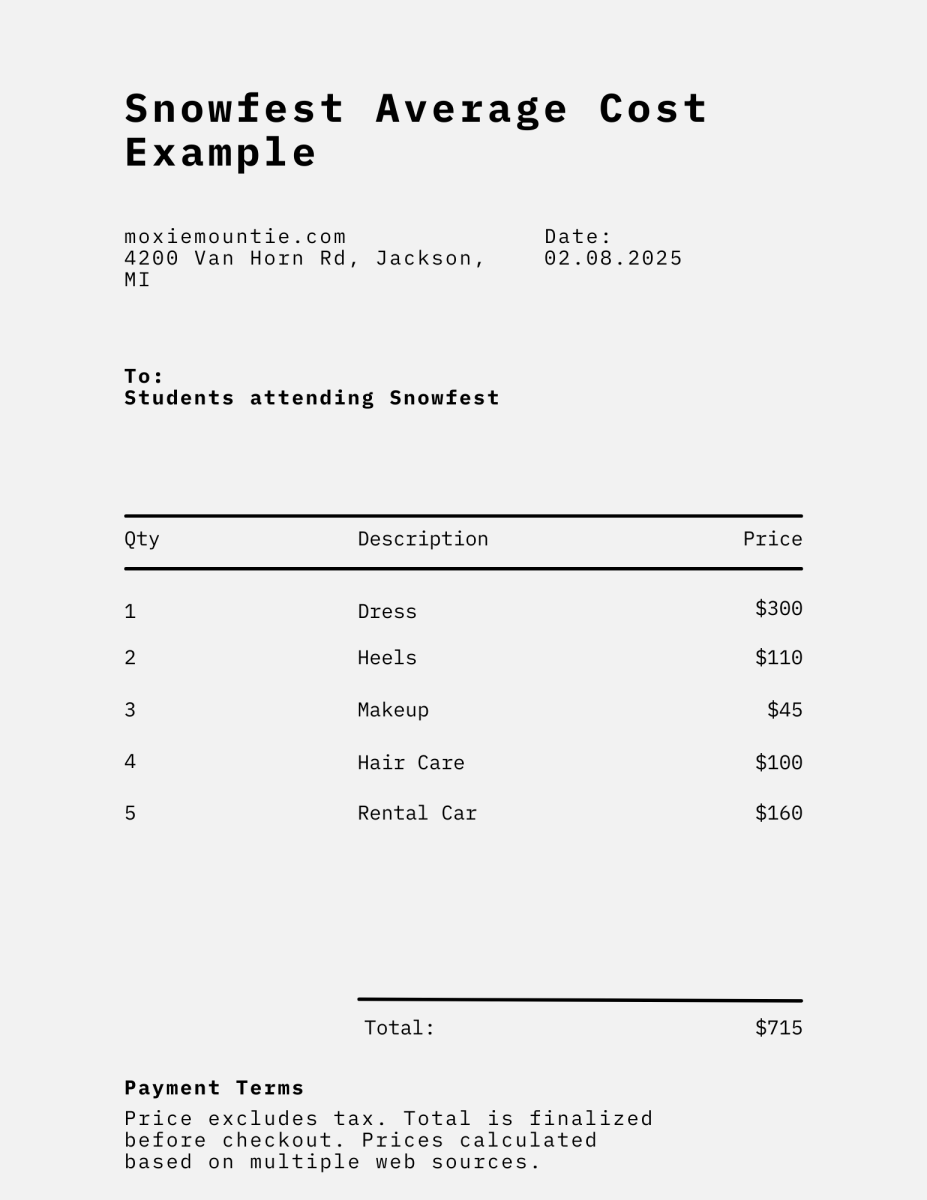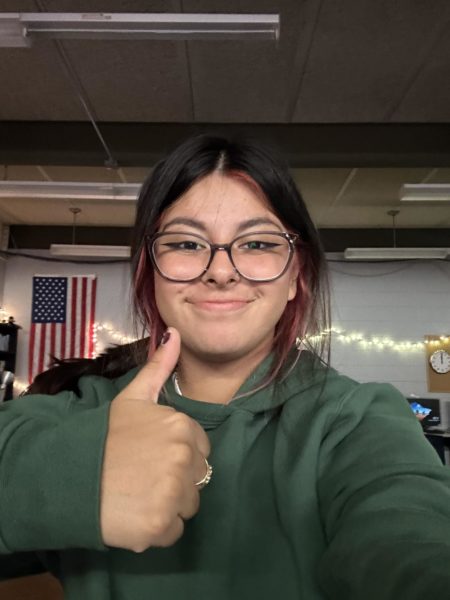While Northwest High School (NHS) continues to find ways to better the daily lives of its students, newer technology-based systems were introduced as an alternative to paper hall passes.
Beginning the second trimester Minga, a student engagement platform was made known throughout the building. By using Minga, students can locate their student ID cards, track their hall passes, check out messages from the school, and manage events and tickets all within one app.
When making hall passes through the app, students are granted five minutes unless they personally request more time. In these cases, teachers can extend the time to either five or ten more minutes.
Student expectations have always stated that phones must remain in the classroom while the student for example is using the restroom or going to their locker. Now that Minga has been enforced, this policy has also been more heavily implemented.
After a student registers a pass, they must wait at least 65 minutes to request a new one on their own devices. Whereas staff members have the ability to override this feature if need be.
Differing opinions among both staff and students circulate the newly introduced network. Several faculty members such as Math teacher Brian Klinger started using Minga with an open mind.
“I was not quite sure how it was going to go so I just observed and analyzed as we went on,” said Klinger.

After being able to form an opinion following the usage of Minga, Klinger began to appreciate the works of the app. Minga provides staff to view all students with ongoing hall passes. This feature can assure teachers that certain students are not skipping class to meet up.
With the use of Minga, paper passes have been eliminated resulting in less paper waste. Bathrooms are no longer sheltering abandoned passes students left behind.
“I like this [Minga] so far,” said Klinger. “Especially since I have gone through a lot of paper passes and it is really easy to lose track of how many I have given.”
In addition to reducing paper waste, Minga helps staff keep track of a student’s pass usage. This allows faculty members to distinguish whether a student is abusing the system or not.
Although there is a fair amount of those in favor of the app and the many advantages to it, there still remains a decent amount who are opposed to it.
Senior Allison (Allie) Lammon has had strong opinions towards Minga since its introduction. While she appreciates the fact that it is digital and more environmentally friendly, Lammon dislikes the rule that phones must be kept inside the classroom relating to the fact that her phone tracks the five minutes she has on her pass. For her to guarantee she is back in class within the five minutes is difficult to monitor.
She believes that by being granted access to her phone while using a hall pass would be beneficial since she could physically see how much time she has left ensuring she makes it back to class on time.
“I’ve gotten stopped by hall monitors because my pass was overdue but I didn’t even know it was since I had no way of checking it,” said Lammon.
Another reason Lammon is against hall passes is because of the five-minute limit. Although teachers are able to override it and extend the time, Lammon was unaware she could request this option leading her to grow a dislike for the app.
“I think it wasn’t introduced to us [the student body] very thoroughly because I didn’t know that you could get more than five minutes on a pass,” said Lammon. “I feel like this could have been nice to know in case of any emergencies.”
As a result of using Minga, there have been both positives and negatives circulating. While many are coming around to appreciate the app more, others are leaning towards the opposite side.
Despite the differing opinions, many believe this system of digital hall passes to be an efficient factor in reducing paper waste and keeping NHS a cleaner building overall.

